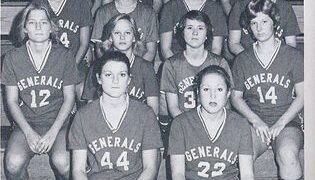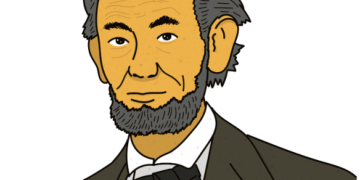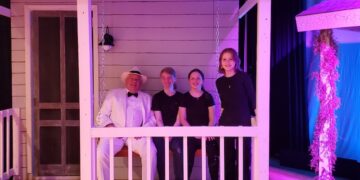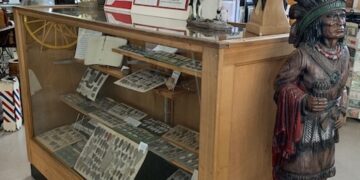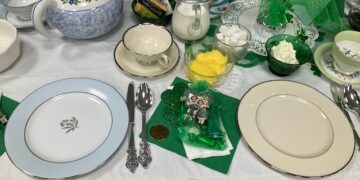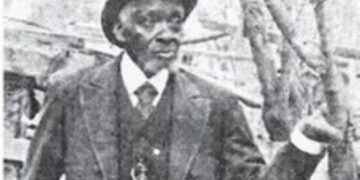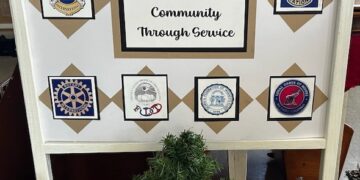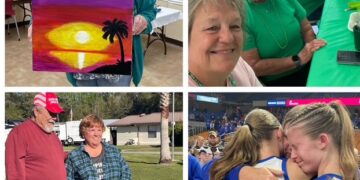Growing up in Florida, fishing was a way of life for our family. Fish were a staple in our home, paired with black beans and cornbread. I welcomed the fish, because without it, all we had was beans and cornbread. My dad and I shared many fishing adventures together during my youth, but one particular spot was my dad’s favorite. Even planning for our fishing trips was exciting. At our local bait shop near the Marina, large indoor concrete tanks with bubbling aerators teemed with shrimp and bait fish. Shrimp were scooped out with nets to be sold by the dozen. Dad taught me how to impale live shrimp on a fishing hook in a way that they can still swim to attract fish. Equally important is how you tie your hook to the line with a “blind-man’s-knot.” Learning how to tie this was an important milestone in my fishing education.
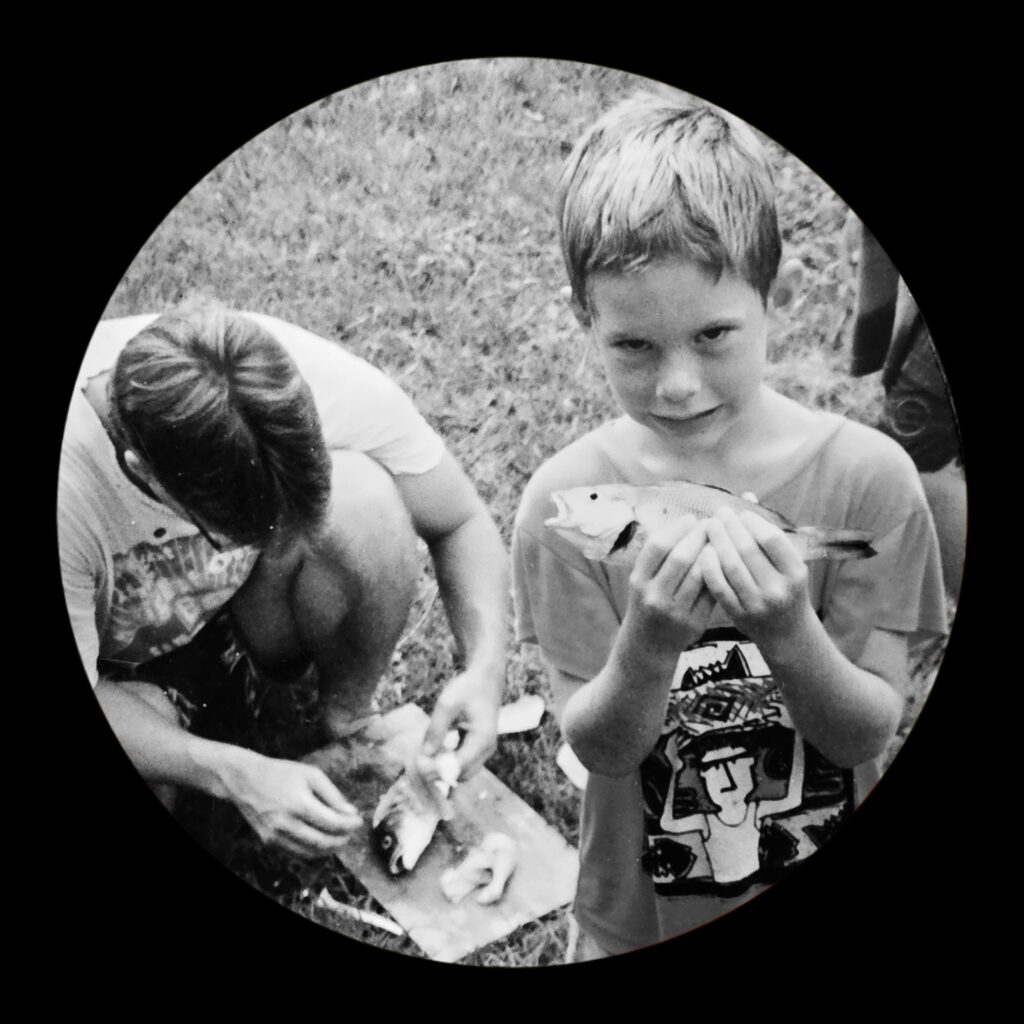
The bait shop also had Tide Charts. The weather service printed charts daily which indicated what time the tide would come in or go out. We fished at night when the tide was high, and after my dad’s work. The high tide allowed bigger fish to come closer to the shore. My dad parked his gold 1977 Oldsmobile Cutlass Supreme in the parking lot of a vacant store near the water. To approach our spot, we negotiated bare legged through the weeds behind a guard rail along the highway. I was careful not to step on broken glass or sand-spurs in my flip flop covered, or often bare feet. I carried our 5-gallon bucket, a very important tool for fishing. Within it, a yellow bait pale full of live shrimp. I could hear them flipping their tails against the side causing water to splash against my leg. In my other hand were a small black fiberglass rod, an “Ugly-stick,” and a gold trimmed “Penn” spinning reel; along with a small red tackle box.
The spot was located between two highway overpasses, each towering over the Gulf of Mexico by 50 feet or more. “I hope the jumpers aren’t here this evening.” My dad referred to the teenagers who would high-dive into the water from the overpass. He warned me of the dangers of hitting unseen rocks in the water. Under the bridge we often found dirty blankets, abandoned shopping carts, or large pieces of cardboard, telltale signs of homeless people seeking shelter from Florida’s frequent tropical thunderstorms. As we arrived at the bridge and started down the embankment, I was careful not to bust my flip-flops. The steep decent drove the rubber strap tightly between my toes. Upon reaching our spot, we set up on top of the sea wall, a foot and a half wide concrete perch about 10 feet over the water. Our bait pale, tackle boxes, and five-gallon bucket were aligned atop the wall. Dad targeted his casts near the concrete pilings supporting the bridge. These provide good habitat for bait fish which attract the bigger game fish we were after. Sheepshead, snapper, tarpon, and grouper were each on our menu. You have to be sure to set the hook and pull them back quickly, or risk the fish wrapping your line around the barnacle covered pilings.
As darkness closed in, lights from office buildings gleamed on the surface of the water. Traffic lights and headlights both competing with the brightest of tropical moons. Our bucket was nearly full of fish, but we kept casting, as the cool night air settled in. Always one more cast, we wouldn’t leave until the bucket was full. BUZZZ, BUZZZ! Mom sent a “page” to Dad, letting him know she was worried about us. The continuous roar of traffic overhead shouted over the waves, breaking steadily against the sea wall. My line zipped out, fast! My fishing rod nearly ripped from my hands. “Dad! I’ve got a bite,” I said as I fought my unknown adversary in the moonlight. Would it be a sting-ray, or a small shark? I hoped not, these were fish we would not eat. Wanting badly to contribute to the catch, and even more so to please my father and mother, I fought on. At last, I brought the beast to shore, reeling him out of the water and up onto the sea wall. It was a catfish. As Dad used his pliers to remove the hook, he told me about the time a catfish barb went through his foot. “Ouch,” I thought. I shuddered. By the time our bucket was full I had contributed 3 small fish. We had food to take home. It was a good day.
Arriving home, we wasted no time preparing the fish for a late dinner, and the rest for the freezer. Mom had sharp knives ready to go and a large wooden cutting board. I stretched out the garden hose to the front porch stoop where we prepared the fish. Reaching in, Dad grabbed the first fish from the bucket. I watched as he skillfully fileted each of them, tossing fish heads and guts into a plastic bag at his feet. Each fish provided two nice slabs of white meat. Intermittently I sprayed off the cutting board with the hose. The fish yuck swirled in bloody pools around my bare feet as I chased it with the hose into our lawn. Mom came out on the porch with a bowl full of ice cubes where we tossed the clean fillets. Then she wrapped them up for the freezer, holding back a few for our supper. She breaded them in a mixture of white flour, cornmeal, salt, and pepper before tossing them onto a cast iron skillet, frying them in vegetable oil until golden brown. Goodness! I do miss the taste of fresh fish cooked by my mom. Somewhere in my attic I still have the little rod and reel from these fishing trips with dad. I cherish them almost as much as these memories.






